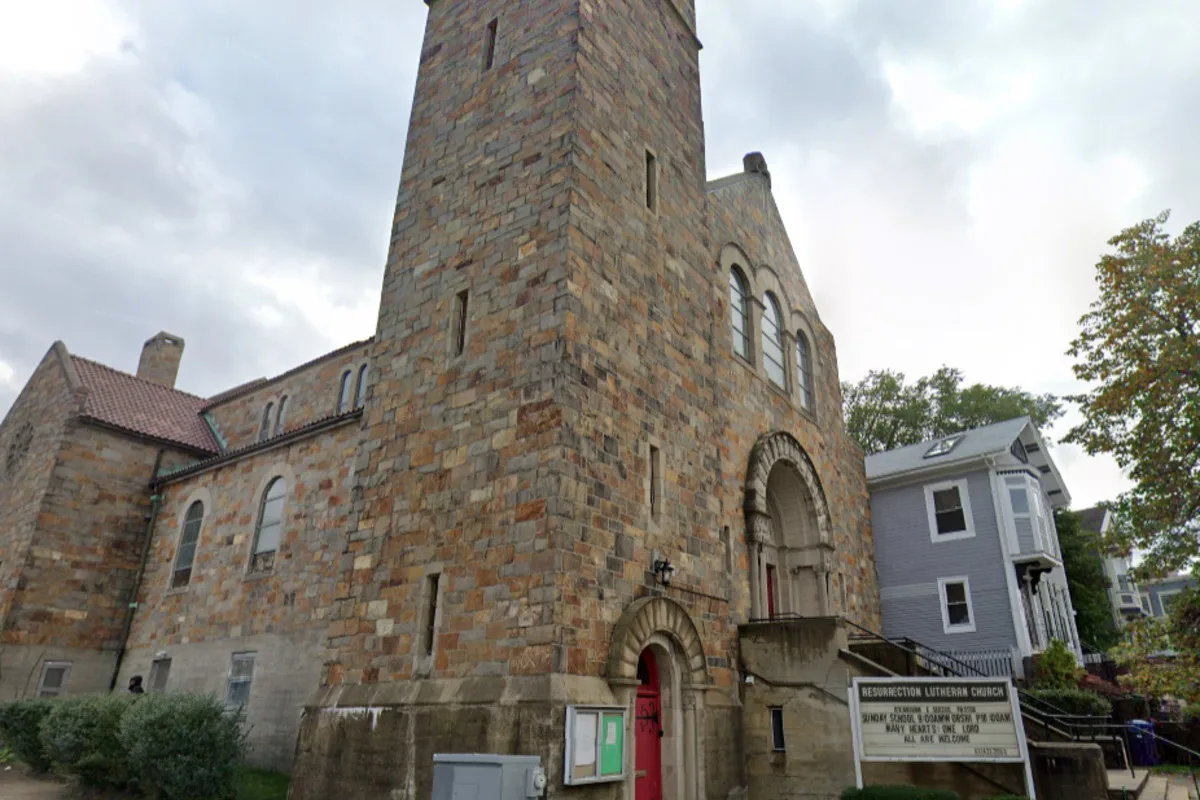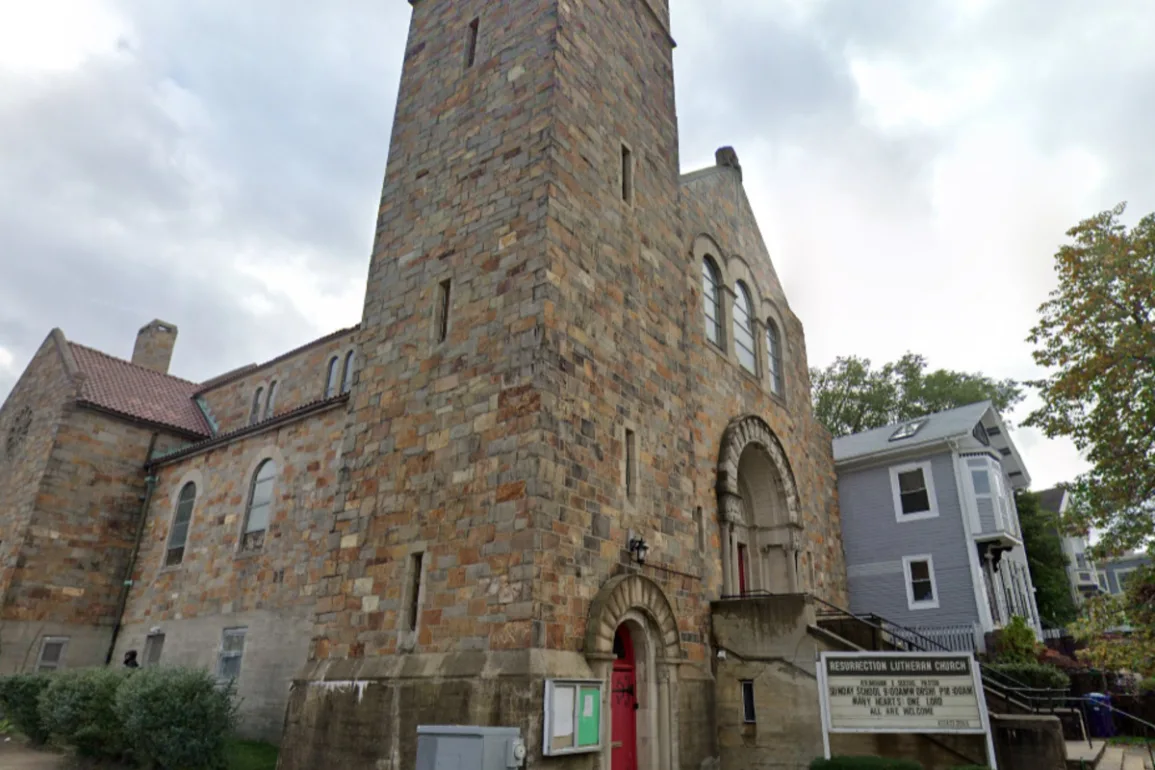
In a display of unity and advocacy, clergy members in Roxbury gathered on the cusp of Holy Week, calling upon Boston’s historically white churches to confront their legacies—legacies intertwined with the brutal institution of slavery, and to deliver reparations for the Black community in the city, The Boston Globe reported.
The Rev. Kevin Peterson, leading the charge, underscored the need for these churches to own up to the racial injustices of the past, not through words alone but through material contributions and support directed at those communities that historically bore the brunt, these communities who have been in the crucible of economic divestiture for generations, “We call sincerely and with a heart filled with faith and Christian love for our white churches to join us and not be silent around this issue of racism and slavery and commit to reparations,” Peterson told The Globe.
At the heart of the movement is the Boston People’s Reparations Commission, an activist group independent from the church congregations that has suggested a $15 billion reparations initiative for the city of Boston, as a Boston WHDH news story detailed. The Rev. Peterson, also involved in efforts to rename Boston landmarks with ties to slavery, organized a news conference at the Resurrection Lutheran Church to amplify their plea, bringing together an interfaith assembly of clergy to this unprecedented event.
These calls to action come with historic precedents being set, like the City of Boston issuing an apology for its part in the trans-Atlantic slave trade. The commission prodding influential churches, to atone for their histories, histories that reach back to a time when colonial Boston stood on the economic pillar of slavery, and the church was no bystander “Many of the well-known white churches in downtown Boston are connected to the slave trade and the proliferation of what was a ‘slavetocracy’ in our city,” Rev. Peterson explained to WHDH, reinforcing the need for a transformative restitution.
As the movement for reparations gains momentum among Black and white clergy members alike, some churches are taking preliminary steps towards acknowledging their histories, with the senior minister of King’s Chapel, the Rev. Joy Fallon, noting the establishment of a memorial to enslaved individuals and a charity fund focusing on social justice. While some progress is being lauded, the sentiment among the advocates is clear: action must follow acknowledgment, for as Rev. John Gibbons of Arlington Street Church remarked, “That is not enough,” according to The Boston Globe.


